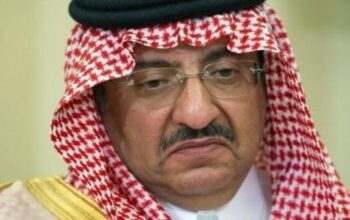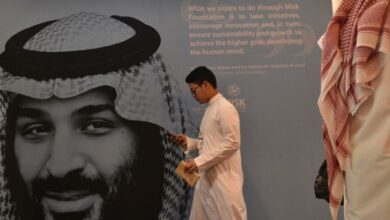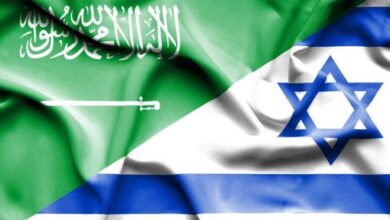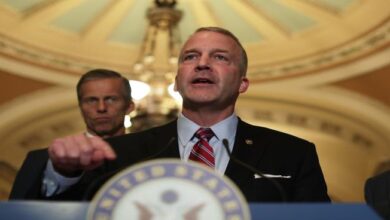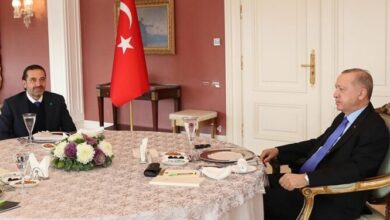Bin Salman uses Kingdom’s defenses to protect palaces, not oil installations
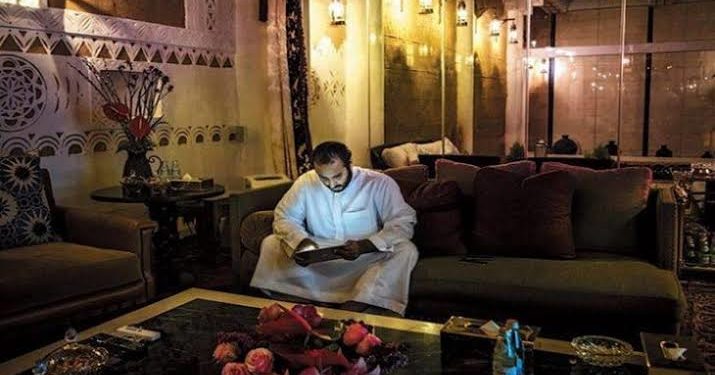
A US investigation has exposed the use of Mohammed bin Salman’s defenses, which he pays large sums of money from the Kingdom’s treasury to protect his palaces, not oil installations.
The Wall Street Journal reported that how Patriot was deployed in the Kingdom has become a source of friction in relations between the Saudis and the US administration. Bin Salman used it to protect palaces, not oil installations.
The Saudi regime did not take the necessary measures and Washington told Riyadh that their defense system was not good, but their defense and central leadership were inefficient, the newspaper said.
The US administration recently announced it would send thousands of additional troops to support the kingdom following attacks on its oil facilities last month.
The Pentagon said it had agreed to deploy an additional 3,000 troops and military equipment in the kingdom to bolster its defenses in the wake of attacks in which it has accused Iran of involvement.
At the time, Secretary of Defense Mark Esper told a press conference that two squadrons of combat aircraft, air defense systems, two Patriot batteries and a THAD ballistic interceptor system were among the additional reinforcements to be deployed.
Missile and drone attacks on Saudi oil facilities on September 14 temporarily cut oil production in half, and Iran rejected claims by Washington and Riyadh that it was behind the attack.
It is not clear whether some of the newly announced troops will replace other US forces expected to leave the area in the weeks or months ahead.
The announcement comes in a series of what the United States calls defensive moves in the wake of the attack on Saudi oil facilities, which have shaken global energy markets and exposed large gaps in Saudi air defenses.
The recent attacks on the oil wells in the east of the Kingdom have perpetuated the resounding fall of Saudi national security amid the unprecedented failure and inability of the Saudi regimes.
This fact confirms the fragility of the kingdom’s strategic and geopolitical position, sculpting the Al Saud administration, otherwise it would not engage itself in regional wars with border states such as Yemen and Iraq, while failing to protect its oil.
Observers questioned whether the Kingdom was unable to protect the source of its national income represented by oil, how to protect its national security? This is despite the fact that the Saudi regime is the third largest consumer of weapons in the world, after the United States and China.
According to the Stockholm International Peace Research Institute, the Saudi regime is the largest importer of Western arms, spending more than $ 67 billion last year on military and defense sales.
Following the election of Donald Trump as president, Mohammed bin Salman pledged to buy US arms worth 110 billion dollars. However, the Kingdom remains unable to protect its oil and strategic facilities.
A few days ago, it halted nearly half of its oil production after the Houthi attacks on two Aramco facilities: in Abqaiq province (150 kilometers east of the capital Riyadh), the world’s largest oil refinery: and in Khurais (190 kilometers southwest of Dhahran). The largest oil field in the world.
The attacks are expected to affect the production of five million barrels of oil per day, about half of the Kingdom’s current production.
US military experts said the Houthi attacks circumvented Saudi military defenses, including six Patriot missiles produced by the US arms company Raytheon, each costing about $ 1 billion.
So, the US weapon did not help Saudi Arabia, despite its high cost. Russian President Vladimir Putin responded with a cynical response, suggesting that Saudi Arabia should follow Turkey and Iran and purchase a Russian S-300 or S-400 missile system in order to be able to reliably protect Saudi infrastructure.
Putin is silent about the fact that the Saud regime has repeatedly considered buying the Russian system, which is less expensive and more effective, but the Kingdom fears for its relations with the Trump administration, which is more like a Freudian relationship than a relationship between two states.

